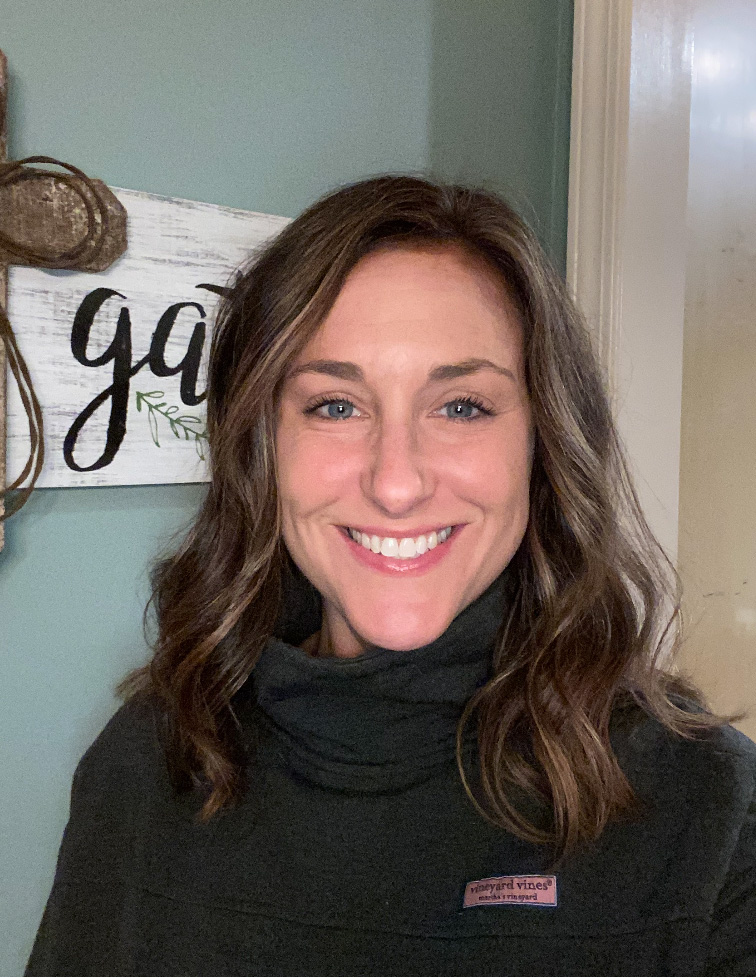According to the American Diabetes Association (ADA), an estimated 37.3 million Americans, or 11.3% of the population, have diabetes. Living with this condition requires extensive and ongoing monitoring, including medication management, strict diet control, and learning to ultimately lead a healthy and active lifestyle.
The Certified Diabetes Care and Education Specialist (CDCES) plays an important role in supporting people affected by diabetes by providing guidance and encouragement. They serve as the mentor, confidant, cheerleader, and coach for the person living with diabetes.
They address the stages of diabetes throughout the lifespan, equipping patients with tools to take charge of their lives and to follow-through with the necessary changes for successfully managing their diabetes.
What is a Certified Diabetes Care and Education Specialist and what does one do?
Teaching patients with diabetes how to manage their condition independently is the cornerstone of diabetes care. CDCESs are critical to the care of people with diabetes; research shows that working with a CDCES can improve outcomes for individuals with prediabetes and diabetes.
A CDCES is a healthcare professional who has received education, experience, credentials, and training on diabetic care. They work with diabetic patients to create individualized care plans around blood glucose monitoring, medication management, proper insulin storage and administration, meal planning, diabetes technology, specialty appointments, and lifestyle changes, among so much more.
They are diabetic experts, playing a vital role in the lives of those living with diabetes.
The CDCES is a multi-disciplinary credential and can be held by registered nurses (RNs), advanced practice nurses (APNs), registered dietician nutritionists (RDNs), registered pharmacists (RPh), physicians, physician assistants (PAs), and other health professionals of the diabetes care team.
As of January 2020, there are currently over 19,500 healthcare professionals who have obtained CDCES credentialing.
There are many reason to become a CDCES, including:
- Expanding professional and personal opportunities
- Showing a commitment to excellence
- Demonstrating diabetes-specific skills and expertise
- Supporting lifelong learning and development
- Demonstrating to the public needed knowledge for quality care and education
CDCESs may work in many different areas of healthcare. Some may work with the pediatric population, specializing in managing type 1 diabetes, while others may specialize in the adult population, focusing on those with type 2 diabetes.
They may work in the inpatient setting with hospitalized patients, or in an outpatient setting in collaboration with primary care physicians, cardiologists, endocrinologists, and vascular doctors. They may be pharmacists focusing on medication management or dietitians teaching people with diabetes how to adjust their own insulin based on blood sugars.
Why get certified?
The journey to become a CDCES is a very personal one. They are valued and respected members of the healthcare team, and make a difference in the lives of people with diabetes and their communities.
The depth of knowledge gained through certification, along with the education, resources, tools, tips and tricks, and emotional support given by the CDCES to their patients, makes this certification an inspiring path to pursue.
It is a privilege to provide this specialized knowledge and skill to patients, and to help them ultimately understand they can live a long life with diabetes. If you are a healthcare provider who is involved in any way in the care of people with diabetes, you may want to consider becoming a CDCES.
Eligibility requirements
The CDCES is maintained and fully administered by the Certification Board for Diabetes Care and Education (CBDCE). The CBDCE’s mission is as follows: “To promote comprehensive and ongoing quality diabetes clinical management, education, prevention and support by defining, developing, maintaining and protecting the certification and credentialing processes.”
Obtaining the CDCES certification is a valuable way to show expertise in diabetes care and education, while advancing career opportunities.
Here are the eligibility requirements to get certified:
- Qualifying health professional license or registration (includes RN, RD/RDN, RPh, and many more)
- Practice experience (work or volunteer)
- General: two years (does not need to be diabetes-focused)
- Diabetes-focused care and education: 1,000 hours within 4 years providing diabetes education to people with diabetes (with 400 of those hours in the last 12 months)
- Continuing education activities (practice experience can happen simultaneously): 15 clock hours of diabetes-related continuing education (CE) within the 2 years preceding application to take exam
Temporary changes were made to the professional practice requirements to address the continuing impact of the COVID-19 pandemic. Changes can be found here, and are expected to end this year, 2023.
Exam details
Once the above requirements have been met, the final step is to apply for, take, and receive a passing score on the CDCES exam. The initial certification fee is $350. Applicants must sit for the exam within 90 days of approval of application. The exam consists of 200 multiple choice questions, including 25 unscored items, and has a four-hour time limit for completion. Major exam content areas include the following:
- Assessment of the Diabetes Continuum (59)
- Interventions for Diabetes Continuum (88)
- Disease Management (28)
There are exam resources and information about studying and preparing that can be found on the CBDCE website.
The certification is a mastery level certification, which relates to the need to accrue practice experience in order to master knowledge, and application of the knowledge, associated with the specialty.
In the field, individuals obtain knowledge about diabetes and diabetes education, how to apply that knowledge in real-life situations, and learn to analyze a complex scenario to arrive at the best approach. Accrual of sufficient practice experience allows people to master that knowledge about diabetes and serve their patients well to achieve positive outcomes.
Once successfully obtained, certification must be renewed every 5 years. Depending on the deadline chosen, the renewal fee ranges from $250-$500, and there is a minimum requirement of 1,000 practice hours during the renewal cycle that must be met prior to recertification.
Final thoughts
Diabetes is a multifaceted, chronic and complex disease that requires daily management for those living with it. The value of diabetes self-management education directed by CDCESs is well documented, and not to be underestimated. CDCESs work to equip those with diabetes with knowledge and education, setting them up for success to lead long and fulfilled lives.
Obtaining this credential indicates assurance that the practitioner has specific knowledge, skills, and experience in diabetes management and education. In addition, it validates expert level work, the practitioner’s commitment to excellence, and is a driving force for career advancement.


